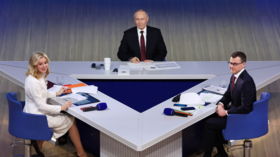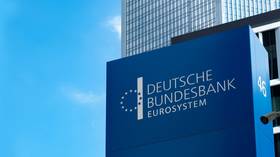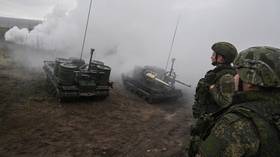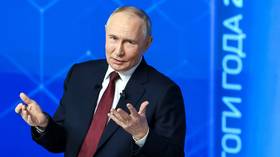G20 to try and bridge divide
The G-20 summit, intended to work out a united plan on global recovery, may stumble over the differing positions of its main players - the US and the EU.
Stimulus versus regulation – France and Germany have rebuffed US pleas to plough more money into their ailing economies to revive demand. President Barack Obama says the differences between allies are vastly overstated.
“There were arguments among the European members because they have more of the social safety net that some of the current measures that we took for example unemployment insurance was less necessary for them to take – but the truth is that’s just …. Arguing at the margins.”
But it looks like the margins are worth arguing – the US has spent $787 billion to revive the economy – half as much again as the whole of the EU combined. Washington’s costly rescue strategy is widely supported in London despite UK’s crippling budget deficit. Steven Dashevsky, Managing Director of Unicredit Securities, believes this divide is no coincidence.
“The difference between approaches comes from the fact that the European economic development model is more conservative than in the UK and US. So far the impact on the continental Europe, however significant, is far less than in the US and the UK.”
UK government borrowing estimates have doubled this year. Meanwhile, the country couldn’t find enough buyers when it offered 40-year bonds last week, the first failed auction in seven years. On the contrary US won’t face much difficulty raising new loans, with its current creditors having little alternative but to lend more according to Roland Nash, Head of Research at Renaissance Capital.
“They don’t have confidence but don’t have much choice. Like Russia, you have $400 billion of reserves – its not that easy to switch your currency exposure. Or like China which has more that trillion dollars of reserves – it will be very hard. So there is not much they can do to avoid it.”
After suffering from the whiplash effects of a volatile dollar, Russia is pushing the idea of a new reserve currency based on a broader basket. Moscow will put the proposal on the table at the G-20 summit in London. But even if the idea is accepted it will take years to implement.















